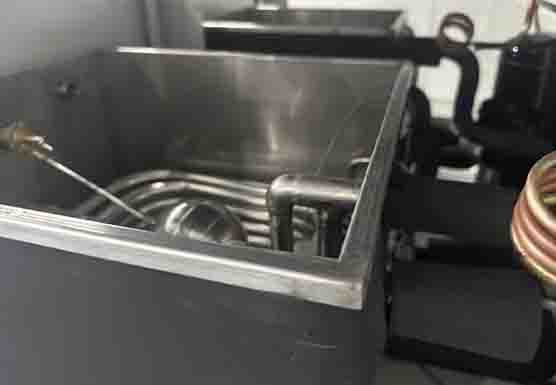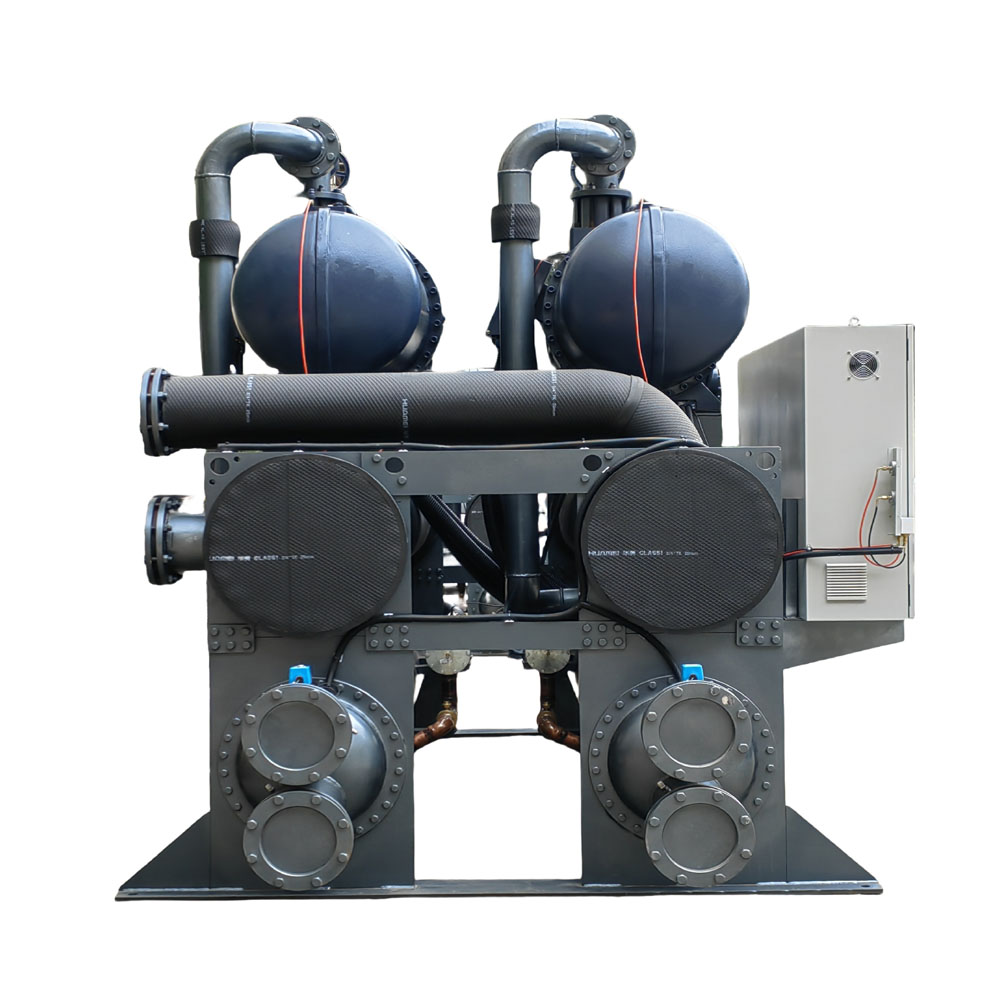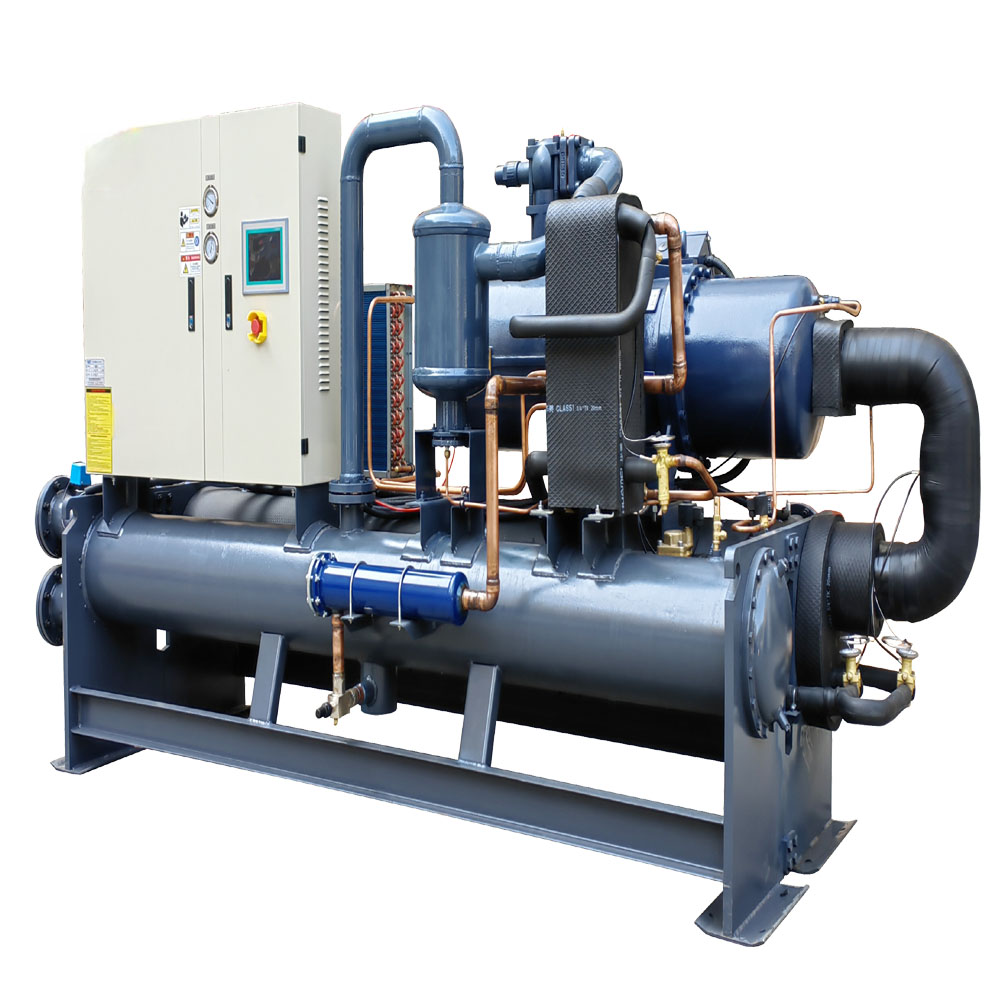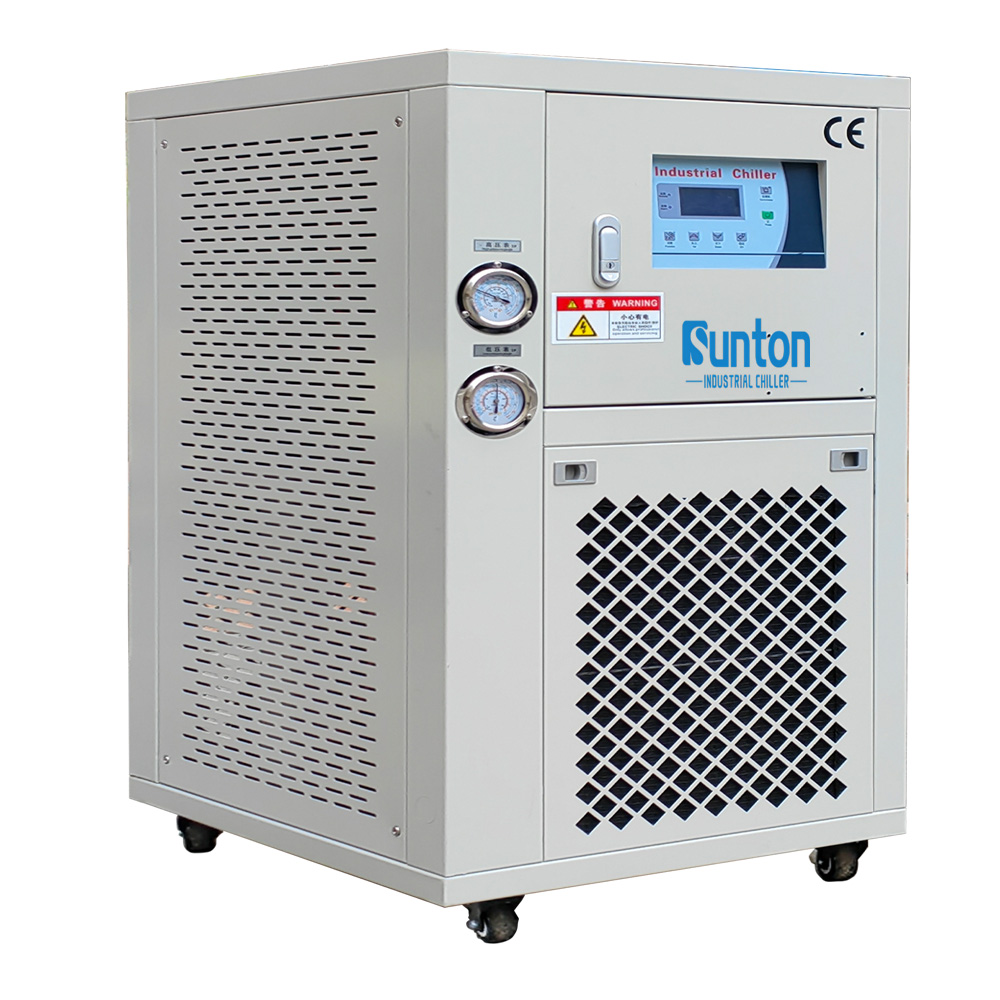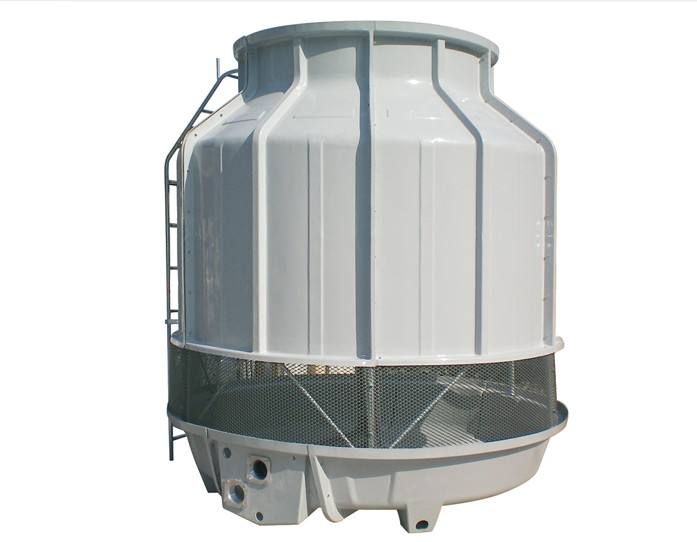-
Dalingshan Industrial Guangdong
HVAC Chiller Solutions For Textile Industry
Optimizing Your Operations with Advanced HVAC Chiller Solutions
In the complex landscape of modern commercial and industrial operations, the significance of an effective HVAC system cannot be overstated. At the heart of these systems often lies a chiller, a vital component responsible for maintaining precise temperature control across a variety of applications. From the plastics industry where product consistency depends on stable cooling to hospitals and medical facilities where patient well-being is paramount, chillers play a critical role. This article delves into the world of HVAC chillers, exploring the various types, their applications, and the crucial factors that contribute to their effective operation and maintenance. We’ll also touch on how our expertise as manufacturers can help you find the perfect solution for your needs.
What are the Primary Applications of HVAC Chillers?
HVAC chillers are used in a wide range of applications, each requiring precise temperature control for optimal performance. In the plastic manufacturing industry, chillers cool machinery and molds to ensure consistent product quality and prevent overheating. Supermarkets and hypermarkets utilize chillers to maintain the cold chain for perishable goods, preventing spoilage and waste. In the medical sector, chillers are crucial for regulating temperatures in operating rooms, MRI suites, and laboratories, providing a controlled environment for sensitive procedures.
Commercial buildings, office complexes, and educational facilities rely on chillers for air conditioning, ensuring a comfortable environment for occupants. Furthermore, chillers are essential in the printing and laser cutting industries, where they manage the heat generated by machinery. The systems are designed to handle a volume of thermal loads, ensuring effective cooling across various applications.y are also used in data centers to prevent servers from overheating. These diverse applications highlight the essential role that chillers play in various industries.
How Do Air-Cooled Chillers Differ From Water-Cooled Systems?
The fundamental difference between air-cooled and Water-cooled chillers are often more effective in large manufacturing facilities that require high thermal efficiency. is the method they use to reject heat. Air-cooled chillers use ambient air to cool the refrigerant, making them simpler to install and less costly for setup. They are often more suitable for smaller facilities with lower cooling loads or where water supply is limited. However, their energy efficiency can be affected by the ambient air temperature, with reduced performance on hot days, which can lead to increased electricity consumption.
Water-cooled chillers Chillers use water to transfer heat, typically through a cooling tower or water source, which helps in managing thermal loads effectively. They generally offer higher energy efficiency, especially in hotter climates, and are ideal for larger facilities with substantial cooling requirements. However, they require additional infrastructure for water handling, leading to higher initial investment and more complex maintenance.
What Role Does the Compressor Play in a Chiller System?
The compressor is the heart of the chiller, responsible for compressing the refrigerant and increasing its temperature and pressure. The compressor draws the low-pressure refrigerant vapor from the evaporator and compresses it into a high-pressure gas. This compression is essential for the refrigerant cycle, as it enables the refrigerant to release heat in the condenser. Without the compressor, the refrigeration cycle would not be possible.
There are various types of compressors used in chillers, including scroll, screw, and centrifugal. Each type has its own benefits and is selected based on the specific requirements of the application. The compressor’s efficiency and reliability are essential for the overall performance and energy efficiency of the chiller system. Proper maintenance of this part will help maintain efficiency.
How Does the Evaporator and Condenser Function in the System?
The evaporator and condenser are two key components in the chiller system that work together to facilitate heat transfer. The evaporator is where the refrigerant absorbs heat from the water, causing it to cool down. The refrigerant enters the evaporator as a low-pressure liquid and changes into a vapor as it absorbs heat from the water, resulting in the cooling of the water being circulated in the system.
The condenser, on the other hand, is where the refrigerant releases heat. The hot, high-pressure refrigerant vapor from the compressor enters the condenser and is cooled. It transfers its heat to either ambient air (in air-cooled chillers) or a water source (in watergekoelde koelmachines). The refrigerant then condenses back into a liquid, ready to repeat the cycle. The efficient functioning of the evaporator and condenser is vital for optimal heat transfer and overall chiller performance.
What is the Role of Refrigerant in the Cooling Process?
The refrigerant is the working fluid that enables the entire refrigeration cycle. It undergoes phase changes, alternating between liquid and vapor, while absorbing and releasing heat. The refrigerant flows through the closed-loop system, collecting heat from the water in the evaporator and releasing it in the condenser. The refrigerant’s properties determine its effectiveness, and the selection is critical for both cooling capacity and environmental impact.
There are various types of refrigerants, and the choice depends on regulations, energy goals, and specific chiller requirements. Modern refrigerants are designed to minimize environmental impact while maintaining high efficiency. Understanding the properties of the refrigerant used in your chiller is crucial for ensuring efficient and reliable cooling.
How Can You Optimize Energy Efficiency of a Chiller System?
Optimizing energy efficiency in a chiller system requires a comprehensive approach, starting with proper sizing and selection. A correctly sized chiller will operate more efficiently than an oversized unit that cycles on and off unnecessarily. Regular maintenance, including cleaning condenser and evaporator coils, is crucial for maintaining peak performance.
Other strategies include optimizing the water flow rate, implementing advanced control systems, and using free cooling options when conditions allow. Upgrading to more energy-efficient compressors, variable speed drives, and modern controls can significantly reduce energy consumption and operating costs. By focusing on these factors, businesses can achieve significant energy savings Implementing efficient systems can help save energy and reduce their environmental impact.
Why is Regular Maintenance Critical for Chiller Lifespan?
Regular maintenance is vital for extending the lifespan and maintaining the efficiency of a chiller. Neglecting maintenance can lead to decreased performance, increased energy consumption, and potential breakdowns, ultimately affecting the carbon footprint of the facility. Maintenance includes checking refrigerant levels, cleaning coils, lubricating moving parts, verifying controls, and addressing any leaks or issues.
Proper maintenance not only ensures the reliability of the chiller but also reduces operating costs by ensuring that the system runs efficiently. A well-maintained chiller will also provide a more comfortable and safe environment, contributing to overall operational success. Maintenance should be done regularly by qualified technicians to make sure that the system performs correctly and efficiently.
What Factors Should You Consider When Choosing a Chiller?
Selecting the right chiller for your specific needs requires careful consideration of several factors. These include the size and layout of the facility, the cooling requirements, ambient temperature, and the available resources. For instance, smaller commercial spaces often do well with air-cooled chillers, while larger industrial facilities may be more suited for water-cooled chillers that can save energy. watergekoeld systems.
Budget constraints, energy efficiency targets, and maintenance requirements are also important factors to consider. It’s crucial to select a chiller that meets your specific needs, offers long-term reliability, and fits within your budget. Consulting with a knowledgeable HVAC professional will help you make the best choice for your business, ensuring optimal performance and energy efficiency.
How Can Advanced Controls Improve Chiller Operations?
Advanced control systems play a crucial role in optimizing chiller operations. Smart controls can monitor and adjust the chiller’s performance in real time, ensuring efficient cooling while minimizing energy consumption. These systems can regulate refrigerant flow, water flow, and compressor speeds, adapting to fluctuating cooling needs and environmental conditions. Modern controls provide valuable insights into the performance of the system.
Implementing advanced control systems not only enhances efficiency but also provides valuable data for system optimization and predictive maintenance. These technologies help businesses maximize the effectiveness of their koelsystemen, reduce operating costs, and maintain consistent comfort levels. This will allow you to get the most out of your investment for businesses in the long run.
What are the Common Challenges with HVAC Chiller Systems?
There are several common challenges associated with HVAC chiller systems , such as inadequate maintenance, refrigerant leaks, compressor issues, and fouling of heat transfer surfaces. These challenges can result in reduced efficiency, increased energy consumption, and costly breakdowns. Proper system maintenance and prompt attention to issues are vital to minimize problems.
Another common issue is incorrect installation or sizing, which can lead to decreased performance. Understanding these potential problems allows business owners to create plans to minimize them and improve overall performance. Proper installation and selection of the right equipment are important factors when starting out with a system.
Chiller Advantages: Precision cooling, maximized efficiency, reduced downtime. Partner with us for superior HVAC chillers!



